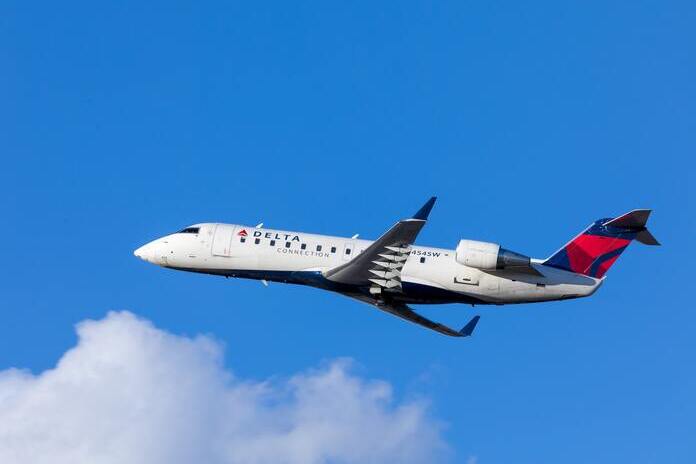Delta Air Lines (NYSE:DAL) currently finds itself entangled in a web of challenges, which, from an investment perspective, makes it a less-than-ideal choice.
Here’s a closer look at the reasons behind this assessment:
Earnings Estimate Revisions
Over the past 60 days, the Zacks Consensus Estimate for DAL’s current-quarter earnings has experienced a significant downward revision of 18.64%. For the full current year, the consensus estimate for earnings has also declined by 8.79% during the same period. These negative revisions in earnings projections reflect a lack of confidence among brokers and analysts in the company’s performance.
Underwhelming Price Performance
DAL’s stock has witnessed a decline of 9.4% over the past month, a notably poorer performance compared to the 4% decline seen in its industry. This price deterioration does not bode well for investors seeking strong returns.
Rising Oil Prices
Delta faces an unfavorable headwind in the form of increasing oil prices. The upward trajectory in crude oil prices is largely attributed to the extension of production cuts by Saudi Arabia and Russia through the end of the current year. This surge in fuel costs is anticipated to weigh on DAL’s bottom-line results for the September quarter. The detailed financial outcome is expected to be revealed on October 12th. For the third quarter of 2023, Delta anticipates an average fuel cost per gallon ranging between $2.75 and $2.90, with our estimate standing at $2.83 per gallon.
Non-Fuel Expenses
DAL is also grappling with mounting non-fuel expenses. The non-fuel unit cost projection for the September quarter has been revised to an increase of 1-2% (previously expected to be a 1-3% decline) compared to the third quarter of 2022. This uptick is primarily attributed to higher-than-anticipated maintenance expenses.
In light of these challenges, investors may want to exercise caution and closely monitor Delta Air Lines’ performance before considering it as an investment option.
Featured Image: Unsplash









